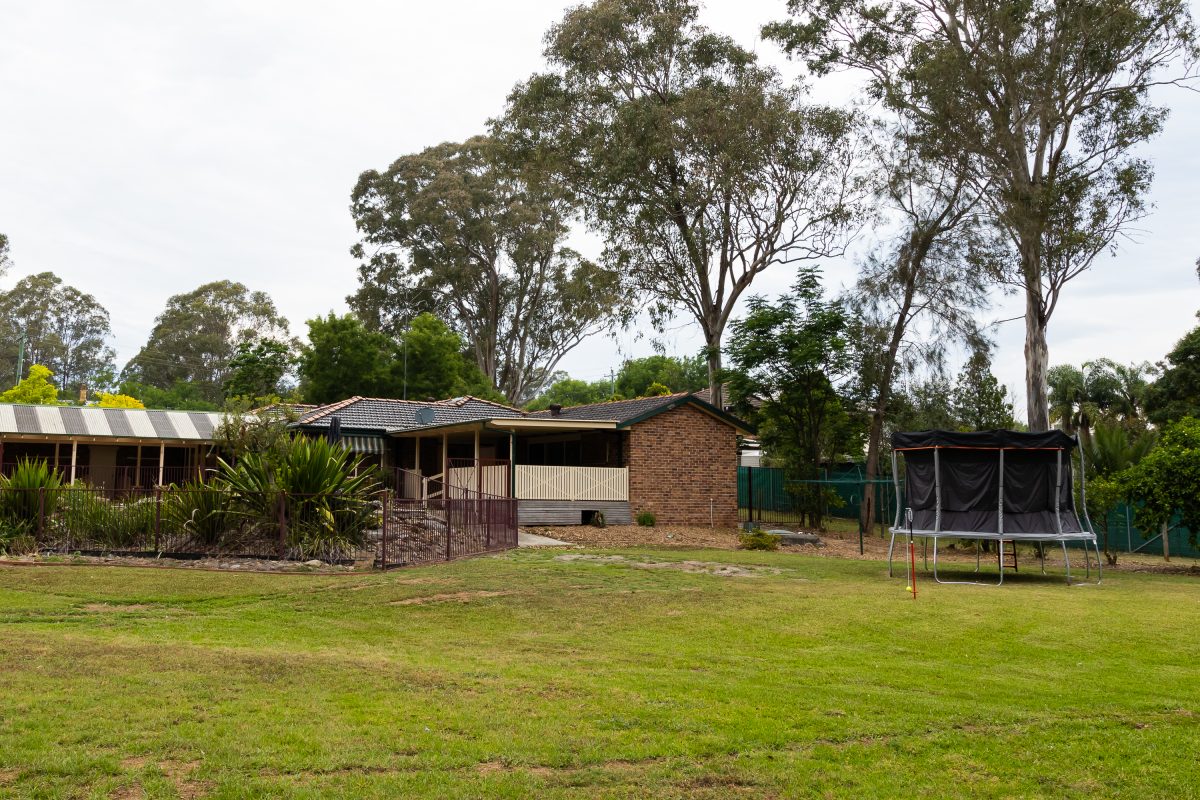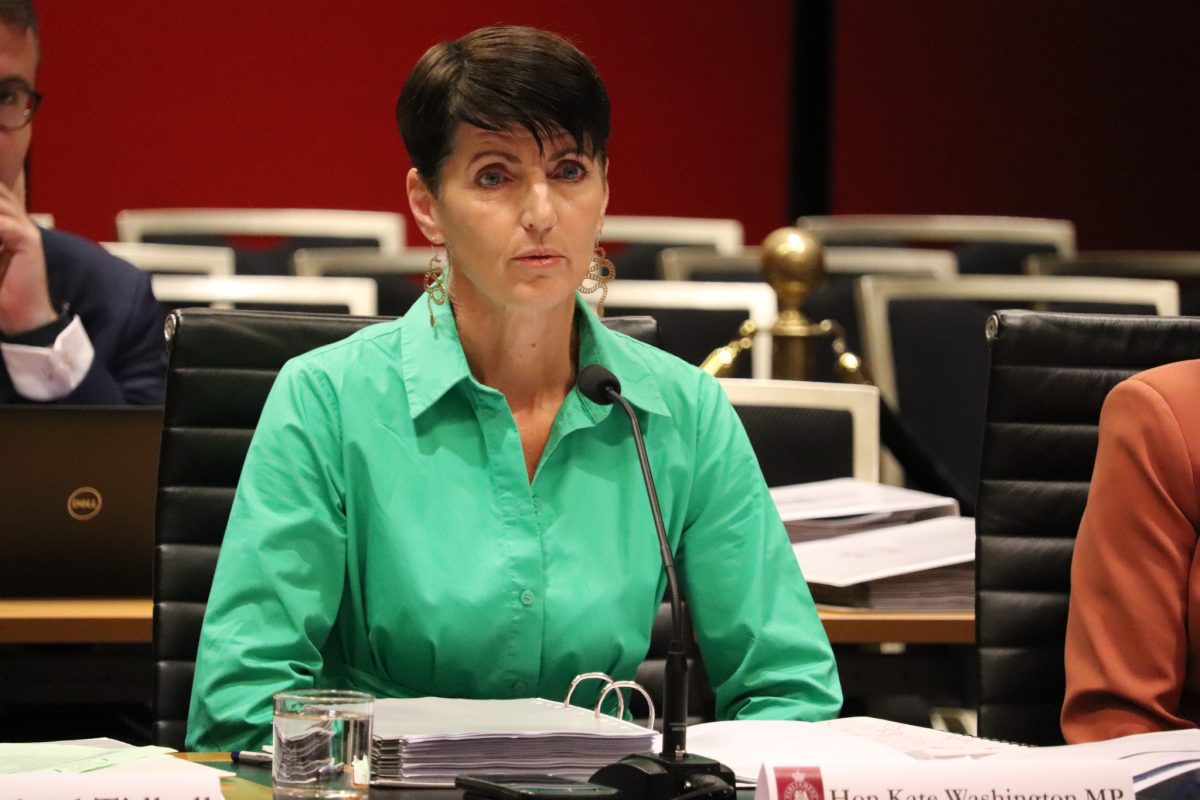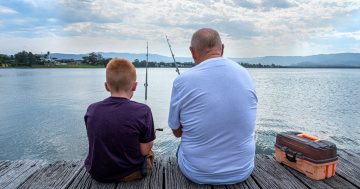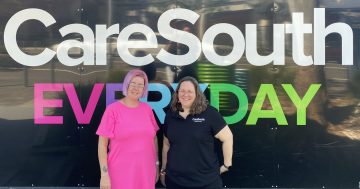
The first Waratah Care Cottage opened in Western Sydney. Photo: Supplied.
The NSW Government has opened the first of five new properties that will provide an alternative for foster care children living in hotels due to the lack of available family home-based placements.
The government says the new properties, known as the Waratah Care Cottages, will provide safe homes for children and young people, who will be cared for by trained, accredited staff with expertise in looking after kids at risk.
More than 14,000 children are living in what’s called out-of-home care (OOHC) in the state. Most of them were removed from their birth parents by the government due to abuse or neglect, and placed with foster carers.
However, a chronic shortage of carers means the child protection department sometimes houses children in hotels and motels.
In March 2024, Region broke the story that the NSW Government child protection department kept a two-year-old foster care baby and their four-year-old sibling in hotel-style accommodation for 163 days.
A report by the Advocate for Children and Young People (ACYP), released in August, detailed the harrowing experiences of children living in this type of accommodation, where numerous young people described being left alone in extremely unsafe situations.
One child described their experience as making them feel like a “dog being moved from cage to cage”.
Children are only supposed to be kept in hotels, motels or caravan parks for short periods or in emergencies.
Families Minister Kate Washington said that since the previous government outsourced the recruitment of foster carers 10 years ago, thousands of children had languished in this form of temporary accommodation.
“The former government allowed the foster care system to spiral out of control, and the use of emergency accommodation for vulnerable children skyrocketed,” she said.
“The Minns Labor Government has worked hard to end the use of the worst type of emergency accommodation from March next year. This important next step will further reduce the number of children in emergency accommodation and put them on better paths to brighter futures.”

Families Minister Kate Washington said she was trying to fix the previous government’s mistakes. Photo: NSW Legislative Assembly.
The average cost to taxpayers of keeping a child in hotel-style accommodation for a year is $829,000, according to figures published in September 2023.
The longest a child has been in such accommodation is just under two years.
The NSW Government says it’s phasing out what it calls alternative care arrangements (ACAs) and will ban the system by March 2025. Official figures suggest the number of children living in ACAs has fallen substantially since the government sought out alternatives.
Shadow Families Minister Natasha McLaren-Jones said the government was still not addressing the fundamental problems with the child protection system.
“The Minns Labor Government has been in power for over 18 months and they promised ‘significant structural reform’ and nothing has happened,” she said.
“What we’ve seen under the Minns Labor Government is a child protection system in shambles, with nearly 50 per cent of caseworkers leaving and three-quarters of at-risk children not being seen by caseworkers.
“Over the past 12 months, over 1100 foster carers have left, and the NSW Government has no plans to support current carers, recruit more carers or prevent them from leaving.
“To stop children and young people going into [high-cost emergency accommodation], the Minns Government needs to support foster carers and provide children in care with the assistance they need. It’s time for accountability, not empty promises and blame-shifting.”
Meanwhile, on Monday (18 November) the advocacy group Centre for Excellence in Child and Family Welfare called on the Federal Government to intervene to address the chronic shortage of foster carers nationwide.
“Nationally we see a steep decline in the number of people going through the accreditation process to become foster carers, yet the demand for homes remains constant,” the centre’s CEO Deb Tsorbaris said.
“Improving access to health care, providing therapeutic supports to children and young people, reducing the financial pressure on foster carers, and creating equitable workplace entitlements, will encourage more Australians to become foster carers and sustain the carers who are already doing an incredible job.”
To inquire about becoming a NSW foster carer, go to the child protection department’s website.
Original Article published by Oliver Jacques on Region Riverina.












